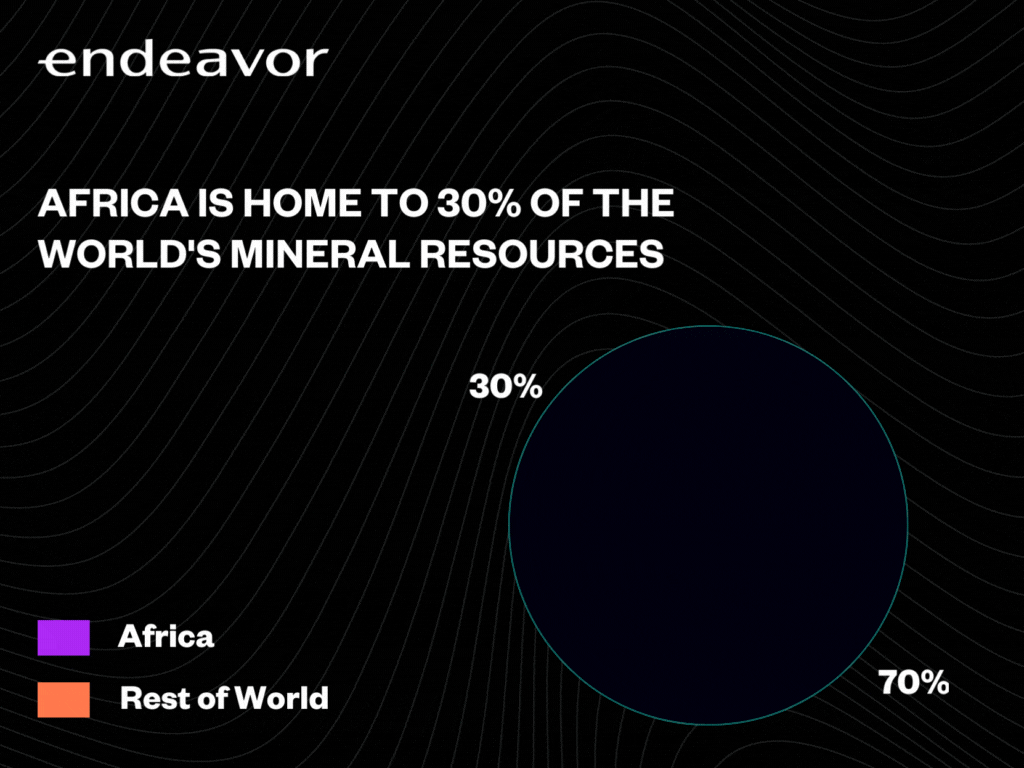Why We Are Excited About Matta

Africa is home to 30% of the world’s natural resources. Still, it contributes only 3% to the global GDP¹, earning many resource-rich countries on the continent top spots on the Natural Resources Curse Hall of Fame. The African Development Bank (AfDB) paints this gloomy picture succinctly: “Africa is at the bottom of the global value chain with its share of global manufacturing at around 1.9%. African economies still rely too heavily on raw commodities.”²

As if the natural resources curse were not enough to contend with, the continent faces another challenging set of choices—what to do with its ever-increasing youthful population. The International Monetary Fund has projected a population size of 2.5 billion by 2050.
Picture this:
2.5 billion people on the continent would need clothes, not cotton in Benin or Burkina Faso, and they would need to eat chocolate, not cocoa pods found in rich varieties in Ivory Coast or Ghana. They would need to move from one place to another, maybe with EVs, and having large lithium deposits in the backyards of Nasarawa, Nigeria, does not singularly fulfil that objective.
This underscores an important point: raw materials are just what they are—raw materials. They are endowments that need to undergo transformation in time, place, and form, before they can meet the practical needs of everyday living.
First, manufacturers who undertake the task of giving raw materials a higher purpose face three significant operational challenges:
- Discovery of raw materials and chemicals (quality assurance): How can a manufacturer in Senegal find out that the critical materials they need might be discarded as waste in Northern Nigeria? (Next time you see Mudiaga Mowoe, Matta’s CEO, ask him to share his story about onions).
- Transporting these raw materials and chemicals to the place of use.
- Short-term financing options to ensure that suppliers are paid and that they can keep their conveyor belts running.
This is where Matta comes in.
Matta has created a platform that connects suppliers of raw materials and industrial chemicals to manufacturers, with logistics and financing as support services.
In the two years since its establishment, the platform has proven its value-add to manufacturers of all sizes operating within the continent, including Coca-Cola and the Nigerian Bottling Company, among other household names. It has also partnered with suppliers of all levels of sophistication, from small-scale agents to global giants like BASF. It has pursued a disciplined expansion strategy while remaining agile to capture opportunistic transactions.
Mudiaga’s founder-product fit stands tall in the African startup ecosystem. Before founding Matta, he was a founding partner of the specialty chemicals distribution company Momentum Chemicals and served as the Country Manager of Ferro Corporation.
We are optimistic that regulatory activities promoting free trade on the continent, such as the African Continental Free Trade Area (AfCFTA), which will create the world’s largest single market, will play in Matta’s favour. Closely aligned with the CEO, our sentiment is that: “AfCFTA is simply a framework. It boils down to the companies that would engage the opportunity presented to create transparency where there is erstwhile opacity in the value chains and facilitate transactions.”
Matta matters for Africa’s industrial future. This is our thesis.
¹ Mo Ibrahim Foundation. Global Africa: Africa in the world & the world in Africa. Retrieved from https://mo.ibrahim.foundation/research/data-stories/global-africa
² The African Development Bank. Industrialize Africa: The High 5 for transforming Africa. Retrieved from https://www.afdb.org/en/the-high-5/industrialize-africa